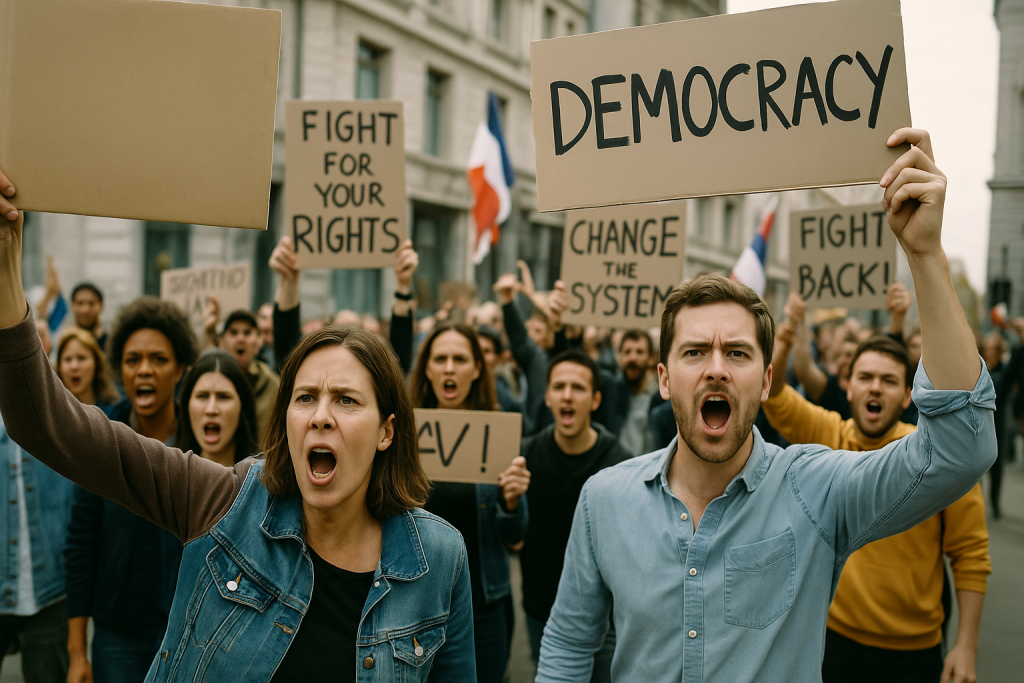After months of violence and little movement, new ceasefire talks have finally resumed in one of the world’s most tense conflict regions. While past negotiations have failed to hold for long, international pressure from humanitarian organisations, economic partners, and neighbouring countries is now stronger than ever — and all eyes are on what happens next.
A Region Exhausted by War
The conflict has dragged on for years, with civilians caught in the middle. Cities have been damaged, families displaced, and basic services like electricity and clean water are often unreliable. In recent months, escalations on both sides reignited the crisis. However, the suffering on the ground — especially for ordinary people — has become impossible to ignore.
With humanitarian groups calling the situation a “silent emergency,” there’s a growing sense that leaders can no longer wait. Peace is not just a political goal — it’s a human necessity.
Who’s at the Table?
This week’s talks are being held in a neutral country, with both sides agreeing to bring representatives. Key international observers, including the United Nations and the European Union, are also present. Their role is to mediate and help ensure the dialogue stays on track.
This round of talks is more structured than previous ones, with a focus on short-term humanitarian pauses and long-term steps toward stability. Still, the mood remains cautious. Trust has been broken many times before, and rebuilding it will take more than just handshakes.

The World Is Watching
What’s different this time is the intensity of global attention. Major economies tied to the region through trade and migration are urging leaders to stop the fighting. Aid agencies are publishing daily reports on the impact of continued violence — particularly on children and the elderly. Protests for peace have even appeared in countries thousands of kilometres away, led by diaspora communities.
There is also pressure from within. People in the region are calling for change more vocally than ever. A recent survey showed that a majority of civilians — on both sides — now support a negotiated solution over continued fighting.
A Fragile, But Real Opportunity
No one expects peace to come overnight. But these new talks are a fragile opportunity to take real steps forward. Even a limited ceasefire could allow aid to reach those who need it most. It could give communities a break from fear. And it could open the door — slowly — to something more lasting.
This moment won’t solve everything. But it might just be the beginning of the end of something that has gone on far too long.


